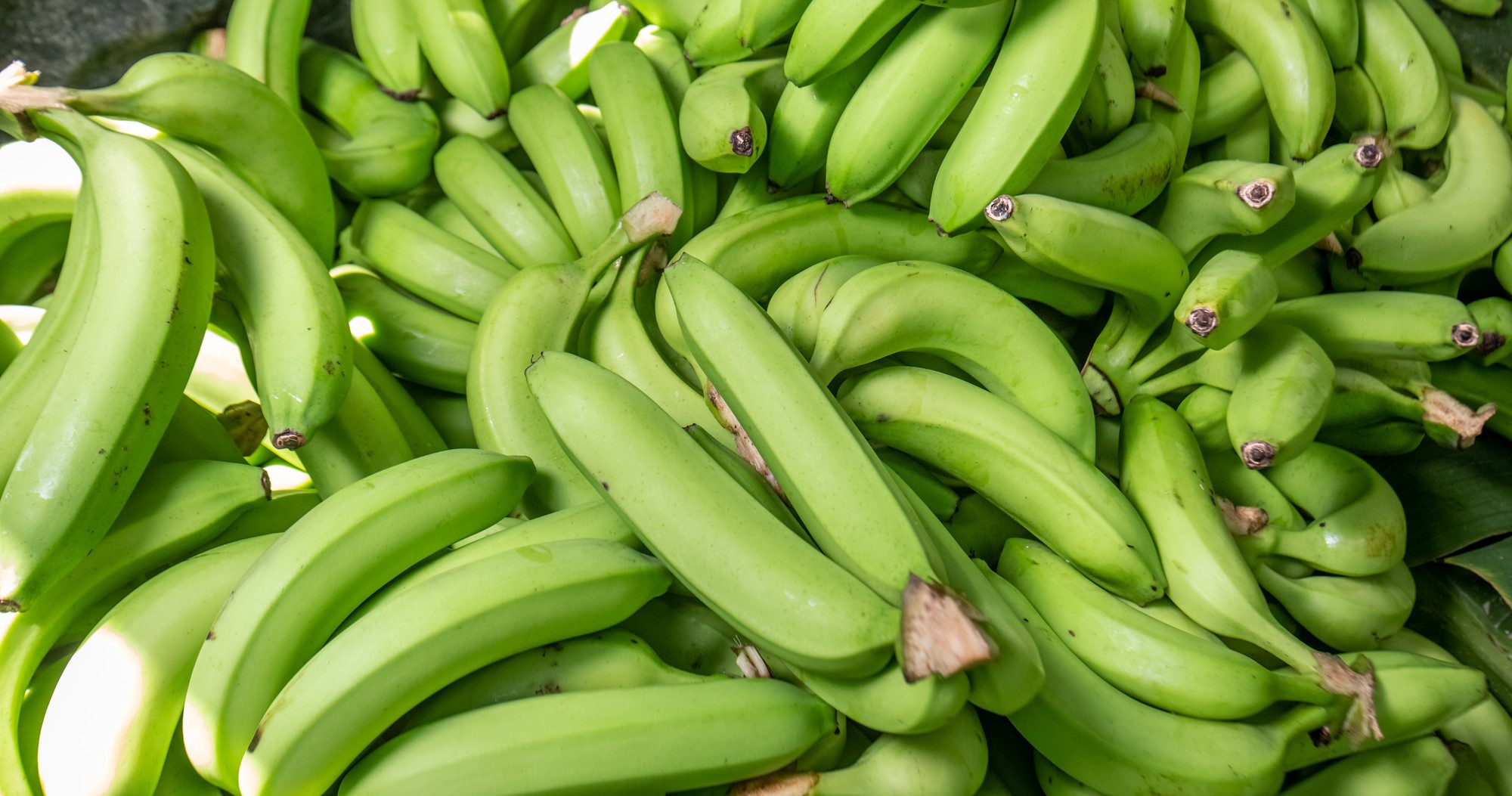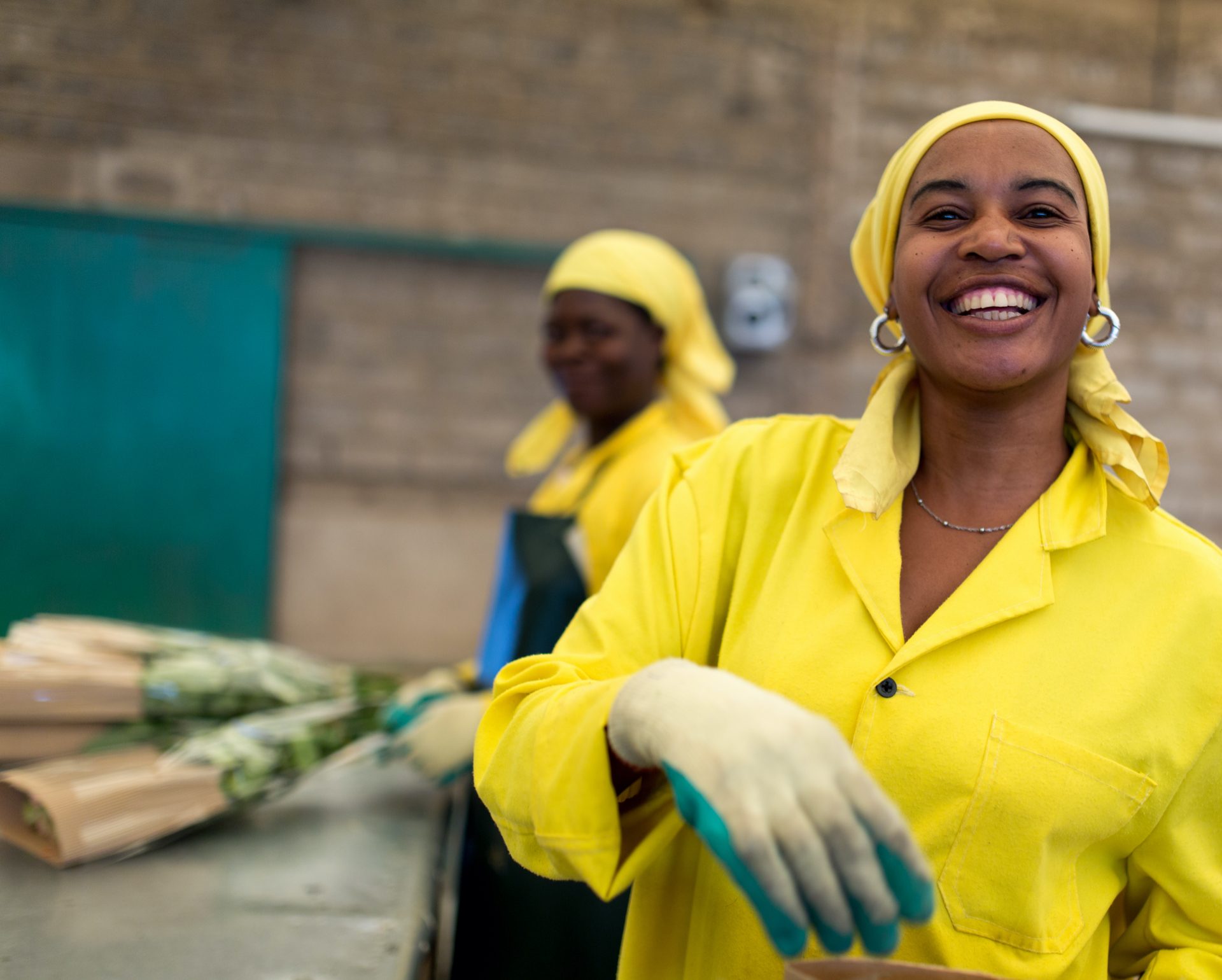
Most bananas in the US are grown in Latin America and the Caribbean.
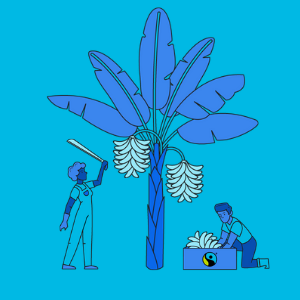
Though they travel thousands of miles, bananas are harvested only 4 weeks before they are eaten in the US.
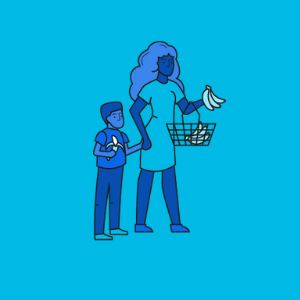
The average American eats 27 pounds of bananas per year - that's 90 bananas!
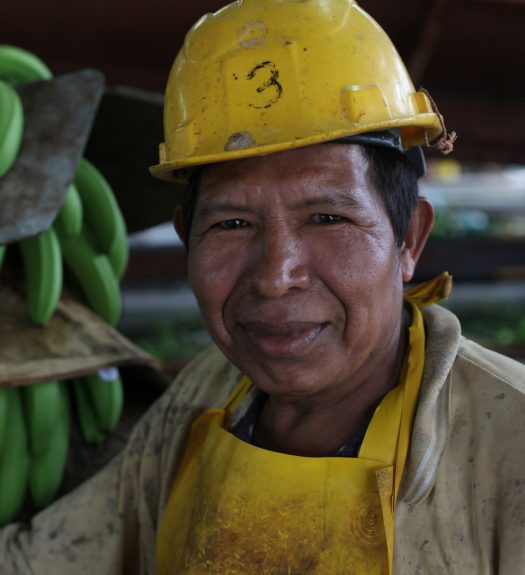
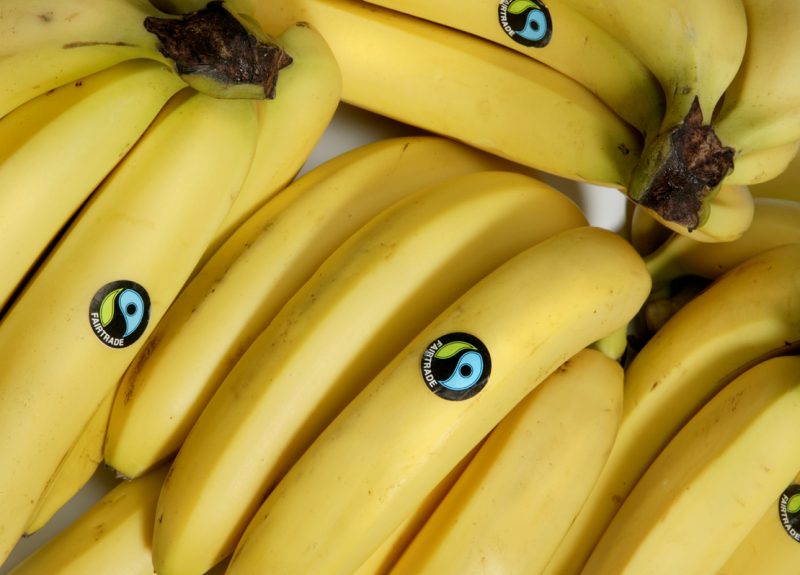
No such thing as a cheap product
Even though bananas travel thousands of miles, they cost less than apples that are grown in the US. How is that possible? Unfortunately, there is no such thing as a cheap product. Someone, somewhere is paying for it. In the case of conventional (non-Fairtrade and non-organic) bananas, this often means that banana workers are receive poverty-level wages and are exposed to health & safety risks.
The climate crisis is already part of the every day life on banana farms. From changing weather patterns to soil depletion and water shortages to worsening plant diseases, these additional costs are not being accounted for in US supermarkets. Something has to give.
Plant diseases are getting worse
Tropical Race 4 (TR4) is a fungus that has been rampaging through banana farms for the past 30 years. However, within the last decade, the epidemic has suddenly accelerated due to a rapidly changing climate. It has spread from Asia to Australia, the Middle East, Africa and more recently Latin America, where the majority of the bananas shipped to supermarkets in the US come from.
While this epidemic has been devastating, organic farms have fared better against TR4 because the microbiota in the soil are able to fight the infection. Food security experts warn of banana shortages if we don’t start paying a fair price to workers so they can switch to organic farming to better manage these diseases.
Hundreds of Coliman banana workers in Mexico have dignified living conditions. Fairtrade and sustainable agriculture practices have benefited both the environment and local communities.
Fairtrade partner, Coliman
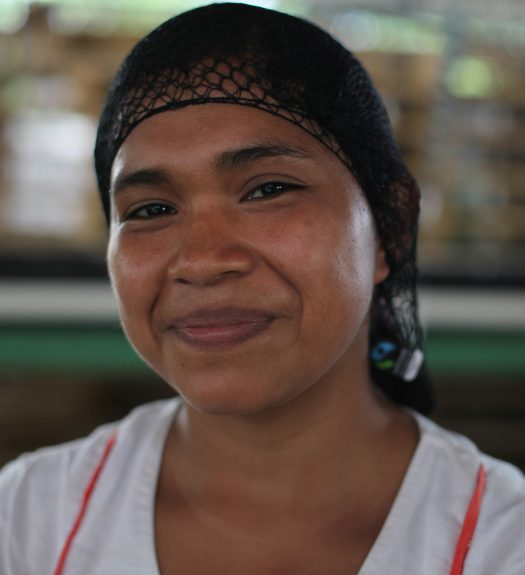
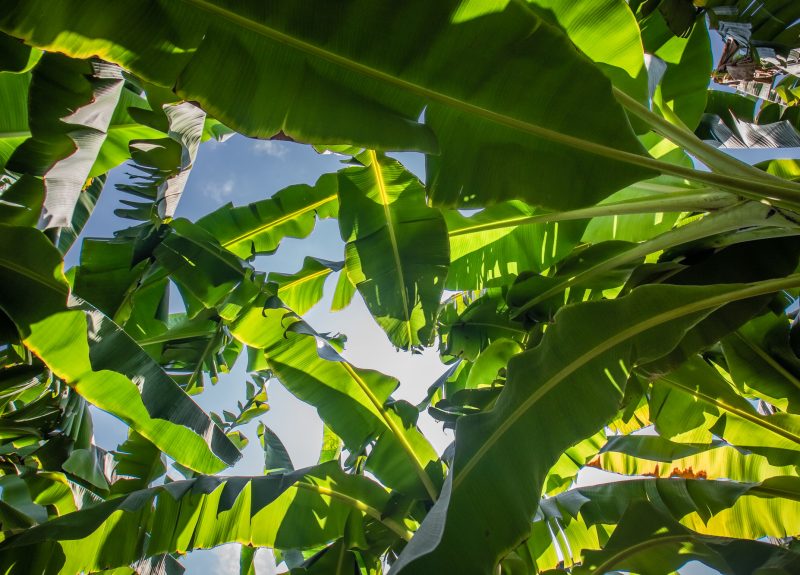
Fairtrade is part of the solution
Though Fairtrade alone won’t solve the climate crisis, we have been fighting for a better deal and better working conditions alongside banana workers for years through:
Thanks to the Fairtrade Premium, the cooperative has been able to invest in a new water supply system. This is important, because climate change will reduce water in a few years' time. This new system gives hope for the future.
Elisandre, Vice President of a Fairtrade certified banana cooperative in Peru
Your choices make a difference
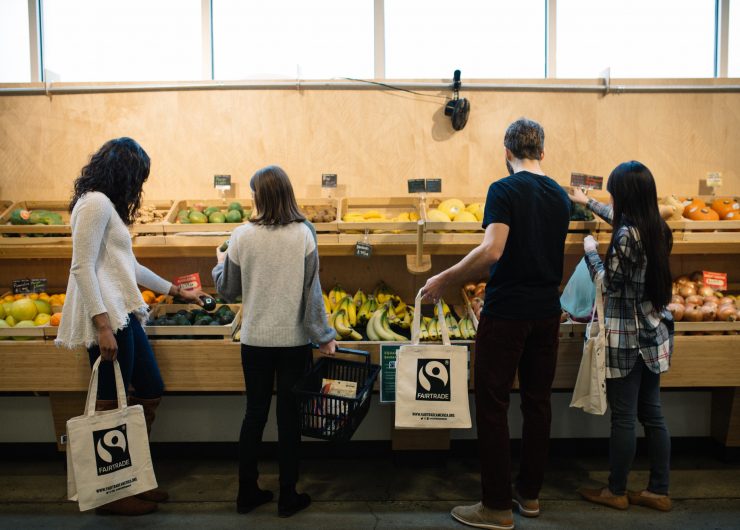
Learn how to shop sustainably
It's about progress not perfection! Swapping one item (maybe a banana?) during your weekly shopping trip is the first step to living your values.
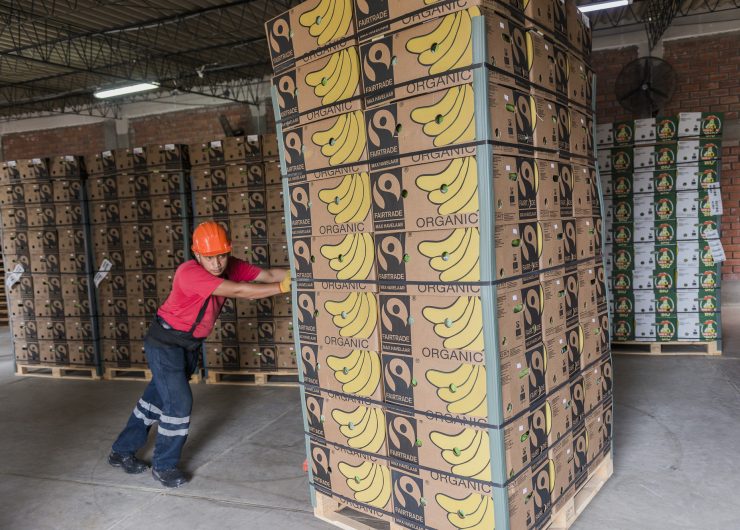
Understand your impact
All month, we will be sharing more about climate change and how our daily choices can support farmers in adapting. Follow along @FairtradeMarkUS.
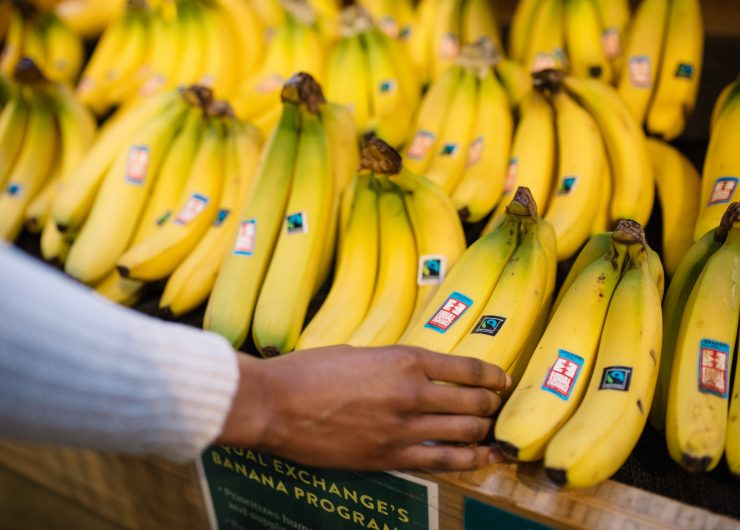
Seek the seal
Use our Product Finder to find Fairtrade certified produce in retailers near you. Be sure to bookmark this tool as new products are being added all the time!

